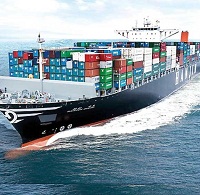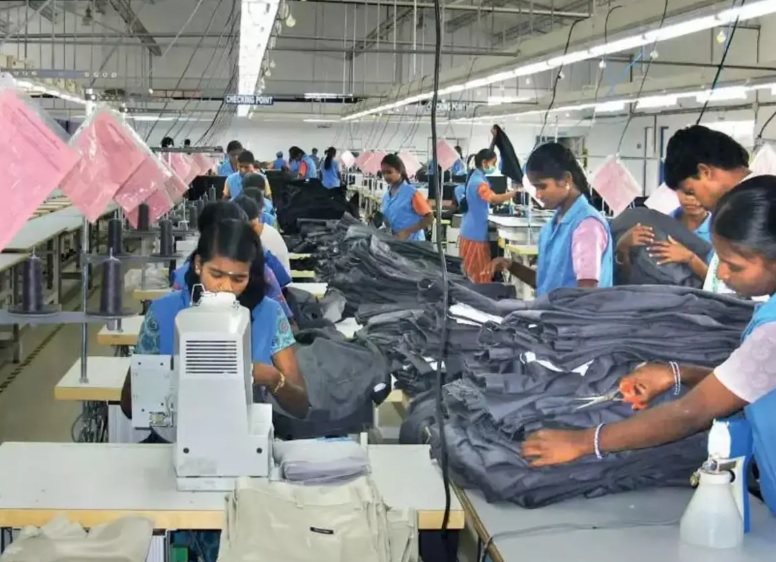 The European Union (EU) has threatened to suspend Sri Lanka’s GSP+ Plus status on account of its failure to adopt human rights reforms and repeal the Prevention of Terrorism Act. This has ignited much speculation in Sri Lanka, on the potential costs and its impact. A Sukumaran, Chairman, Joint Apparel Association Forum believes, many of these speculations fail to account certain vital factors.
The European Union (EU) has threatened to suspend Sri Lanka’s GSP+ Plus status on account of its failure to adopt human rights reforms and repeal the Prevention of Terrorism Act. This has ignited much speculation in Sri Lanka, on the potential costs and its impact. A Sukumaran, Chairman, Joint Apparel Association Forum believes, many of these speculations fail to account certain vital factors.
Loss of export earnings from the EU
Loss of GSP+ benefits may cause Sri Lanka to lose a significant portion of export earnings from the EU, says a Eco Textiles reports. Sri Lanka’s second largest destination for exports, the EU accounted for 23 per cent of its total export earnings in 2020. And around 43 per cent of these earnings were from the apparel sector; though Sri Lanka also exports plastics and rubber and vegetable products, machinery and appliances, food, beverages and tobacco to the EU. Exports of seafood, rubber products, and footwear benefit more from the GSP+ status, and hence, are more vulnerable. The GSP+ scheme mainly benefits countries eligible for these concessions. From 2011-2017, the scheme enabled Sri Lanka boost its export earnings from the apparel sector to over $5.3 billion (pre-pandemic level).
Exacerbate income disparities
Losing GSP+ status may also impact employment in domestic apparel sector, adds Sukumaran. The sector employs around 350,000 workers, indirectly creating livelihood for an additional 700,000 within the country. Since nearly 80 per cent employees are rural women, this would exacerbate their income disparity with urban counterparts. Besides, it could also affect SMEs in the apparel sector.
creating livelihood for an additional 700,000 within the country. Since nearly 80 per cent employees are rural women, this would exacerbate their income disparity with urban counterparts. Besides, it could also affect SMEs in the apparel sector.
Moreover, this will also result in a 9.5 per cent increase in cost of Sri Lankan apparels for EU buyers. This may lead to buyers shifting purchases to Sri Lanka’s competitors. Also, the trade concessions granted by the EU to the UK and US may come under review if Sri Lanka loses its GSP+ status. Sri Lanka’s foray into two other markets – Japan and Australia – could also be affected.
Intensify currency depreciation
Losing GSP+ status may also impact Sri Lanka’s FDI. This may intensify currency depreciation pressures, raising questions on the sector’s viability. Over the years, Sri Lanka has introduced several initiatives to enhance apparel sector’s competitiveness. These include forming strategic relationships with buyers, enhancing R&D capabilities and product and market innovations. To boost apparel exports earnings to $8 billion by 2026, Sri Lanka needs to combine existing preferential trade concessions with new initiatives in the industry, points out Sukuraman. This will help increase export earnings, employment, technology adoption and investment, he adds












